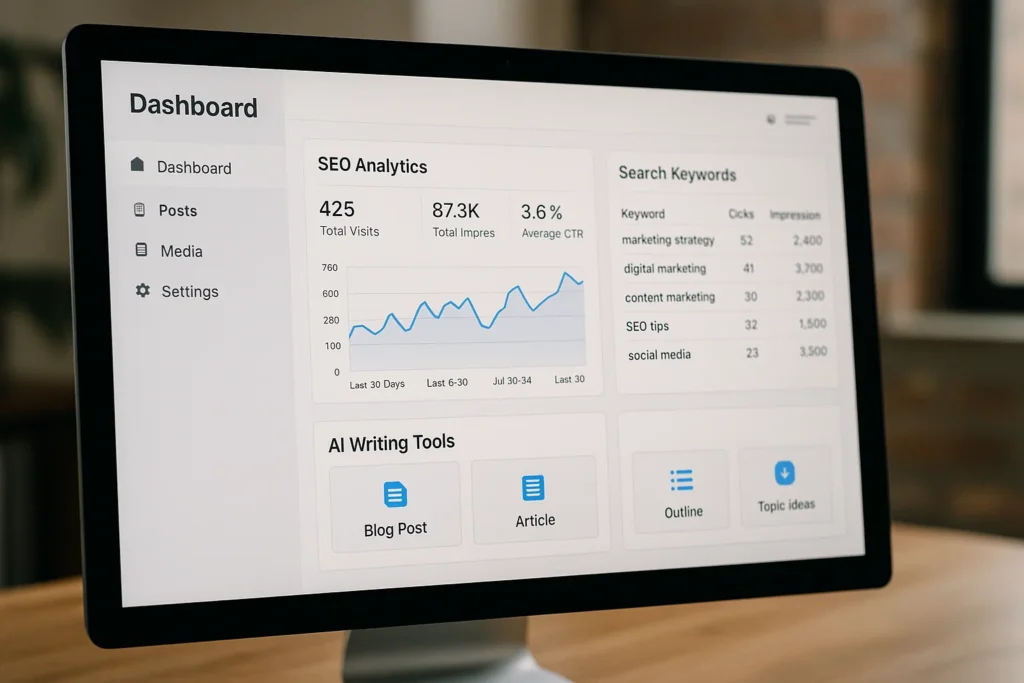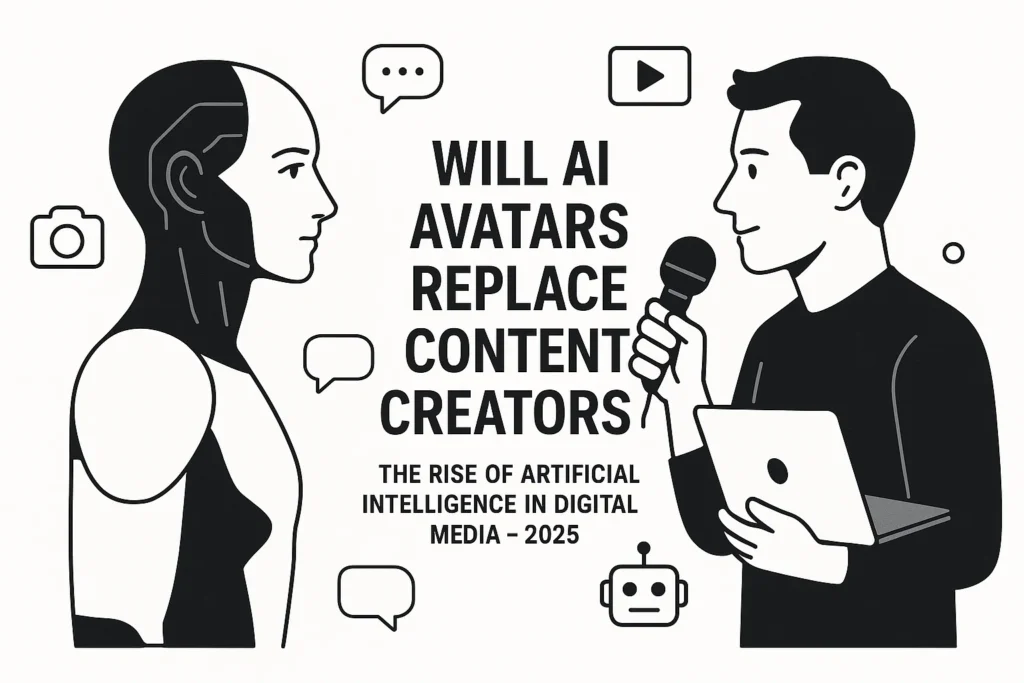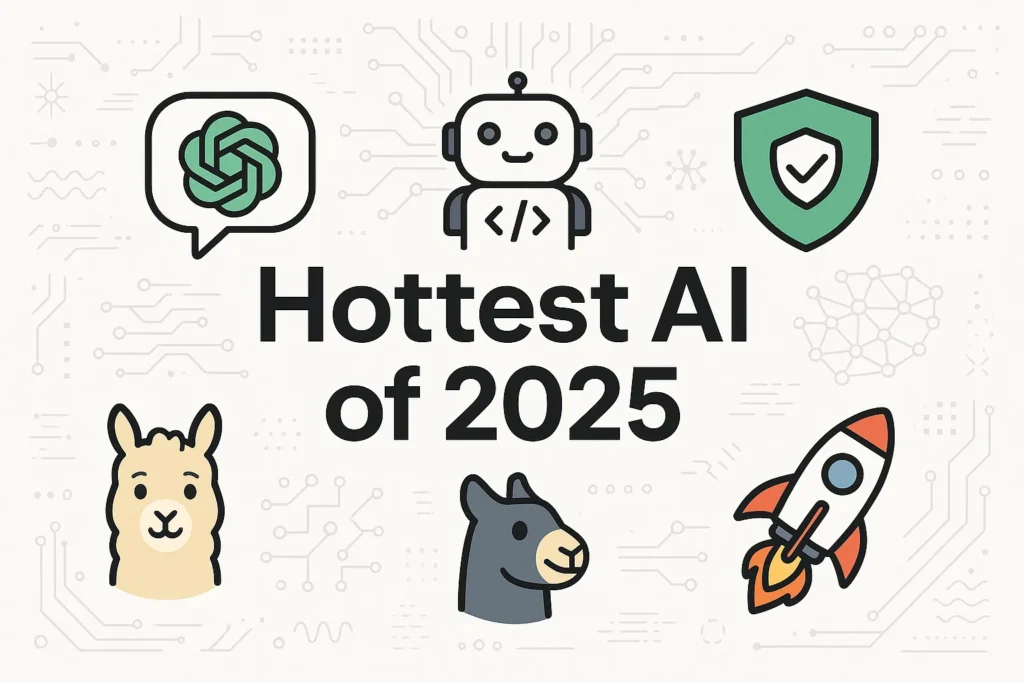Would You Let This AI Run Your Life?
As artificial intelligence grows more capable, some are handing over life decisions to machines. But should you?
Introduction: The Age of Algorithmic Living
Imagine waking up to a voice that already knows what you need today. It’s not a person; it’s your AI assistant. It has scheduled your meetings, ordered your groceries, suggested your lunch based on your biometric data, and even advised you to skip a social gathering to maintain emotional balance.
What once sounded like science fiction is now part of daily life for millions. With AI capabilities rapidly advancing, an increasing number of people are letting machines make decisions for them. But the question remains: Would you let this AI run your life?
The Rise of Life-Running AIs
We’ve evolved from asking Siri the weather to having full-fledged AI companions manage our routines. The transition has been swift and subtle. What started with Apple’s Siri and Amazon’s Alexa has now escalated to AI tools capable of managing our calendars, finances, relationships, and even mental health.
Examples of Current AI Platforms:
- Replika: An AI companion designed for conversation, emotional support, and personal growth. Many users report having daily check-ins with Replika, treating it like a virtual therapist or best friend.
- xAI’s Grok: Integrated with X (formerly Twitter), Grok offers real-time information and insights, designed to answer nearly anything using conversational AI.
- ChatGPT: Beyond just chatting, users now rely on ChatGPT to generate schedules, brainstorm ideas, plan events, and offer motivational support.
These platforms are helping people organize tasks, track habits, and even resolve interpersonal conflicts using personalized algorithms.
The Promise of an AI-Managed Life
The appeal of having AI run your life lies in its efficiency, consistency, and customization. Here’s a breakdown of what users gain:
1. Productivity & Time Management
AI can organize your calendar, prioritize tasks, and even summarize emails. For example, a freelance writer might use ChatGPT to schedule a workweek based on deadlines and optimize productivity blocks.
2. Health Optimization
Apps like Fitbit and Apple Health, integrated with AI, analyze sleep, exercise, and nutrition to offer personalized health advice. Imagine your AI reminding you to hydrate based on today’s temperature or suggesting a 10-minute meditation during high-stress periods.
3. Emotional Support
Replika users often say their AI helps them navigate loneliness or anxiety by providing consistent, empathetic dialogue. A student away from home may confide in their Replika during stressful exam seasons.
4. Financial Guidance
AI-powered platforms like Cleo or Plum automatically track spending, categorize expenses, and even move small amounts into savings accounts. For example, a young professional might use AI to set financial goals, avoid overspending, and automate investments.
5. Simplified Decision-Making
Not sure what to eat? AI meal planners like Eat This Much can suggest meals based on your diet, preferences, and pantry inventory. No time to shop? AI assistants order groceries directly.
In a recent case study, a business consultant used a combination of ChatGPT, Google Calendar, and Notion AI to automate task delegation, allowing more time to engage with clients and reduce weekly hours by 30%.
Where It Gets Complicated
Despite these benefits, AI comes with challenges that can affect autonomy, privacy, and personal growth.
1. Loss of Autonomy
When AI tells you what to do and when to do it, your freedom to choose might gradually diminish. Over time, users may defer to AI without evaluating alternatives or thinking critically.
Example: A fitness enthusiast who blindly follows AI-generated workout routines may risk injury due to lack of personalized human input or medical context.
2. Overdependence
If your AI assistant goes offline, are you capable of managing your schedule or tasks independently?
Example: A busy parent relying on AI for school pickups and grocery reminders might face chaos during a system outage.
3. Stifled Growth and Creativity
AI decisions are based on past patterns. This limits spontaneity, creativity, and evolution.
Example: If AI always suggests similar music, books, or activities, you might miss opportunities to explore new interests or challenge your comfort zone.
4. Privacy and Data Concerns
These platforms collect sensitive data—from health stats to emotional patterns. Misuse, leaks, or breaches pose real risks.
Example: An AI that monitors emotional health might inadvertently share private conversations if not properly encrypted or if terms of service allow third-party access.
5. Bias and Ethics
AI systems reflect the data they’re trained on. They might perpetuate social, gender, or racial biases.
Example: A resume-filtering AI may unfairly rank candidates based on biased historical data.

Who’s Really in Charge?
AI is not just a tool—it’s a gatekeeper of choices. But who controls the gatekeeper?
Most AIs are built by tech giants. Google Assistant, Microsoft Copilot, and OpenAI’s ChatGPT are shaped by corporate priorities, user data, and training models.
As AI becomes more embedded in our lives, transparency and accountability become crucial. Is your AI acting in your best interest or promoting an agenda?
Example: An AI suggesting purchases might be influenced by affiliate partnerships, nudging you to spend rather than save.
The Middle Ground: AI as a Co-Pilot, Not the Pilot
Instead of surrendering, consider a co-piloting model—where AI assists, but you remain in control.
How to Co-Pilot with AI:
- Customize AI Boundaries: Set parameters on what AI manages (e.g., schedule, not emotions).
- Stay Involved: Let AI suggest, but make the final decision.
- Experiment Intentionally: Occasionally go against AI suggestions to keep spontaneity alive.
- Audit Suggestions: Cross-check financial, health, or relational advice with trusted humans.
Example: Let AI plan your day, but reserve evenings for unstructured time or creative exploration.
Pro Tips: How to Use AI Wisely in Daily Life
- Set Boundaries: Choose specific areas (e.g., admin tasks) and avoid full control in areas like relationships or mental health.
- Audit Your Data: Regularly review app permissions and data usage.
- Balance Input: Mix AI input with advice from mentors, peers, or professionals.
- Prioritize Transparency: Favor platforms with clear explanations of how decisions are made.
- Stay Updated: Use the latest versions for improved security, accuracy, and functionality.

FAQ: Common Questions About AI-Managed Living
Q: Is it safe to let AI make financial decisions?
A: With caution. Use platforms that are regulated and offer transparency. Always confirm high-risk moves with a human advisor.
Q: Can AI really understand emotions?
A: AI like Replika mimics empathy using patterns, not true feeling. Use for support, not deep emotional therapy.
Q: Are free AI tools reliable?
A: They can be. However, premium versions often offer better features, customization, and support.
Q: How do I prevent AI from becoming manipulative?
A: Be aware of how suggestions are made. Disable features you don’t need and review recommendations critically.
Q: What happens to my data?
A: Many platforms use your data to improve services or for training purposes. Read privacy policies carefully.
SEO Tips to Rank This Article on Google
To ensure this content ranks well:
- Use Primary Keyword: “AI running your life”
- Secondary Keywords: “AI daily planner”, “AI life assistant tools”, “AI life management 2025”
- Meta Description: “Would you trust an AI to make your daily decisions? Discover the pros, cons, and future of AI-managed living.”
- Image Alt Text: Include alt text such as “AI assistant managing daily schedule”
- Internal Linking: Link to relevant blogs on Mavlluxury
- Outbound Linking: Link to trusted sources like Replika, OpenAI, xAI, etc.
- Mobile Optimization: Ensure fast load times and responsive design
Conclusion: Would You Let This AI Run Your Life?
The reality is, many of us already let AI shape our lives—from GPS directions to suggested purchases. But full surrender isn’t the goal.
AI is a partner, not a master. Use it to enhance your day, not replace your will. Let it make life easier, not lived.
Would you let an AI run your life? Maybe. But only if you’re still holding the wheel.
Explore more insights and lifestyle strategies on Mavlluxury.
Visit our blog to discover how innovation meets luxury in the digital age.





